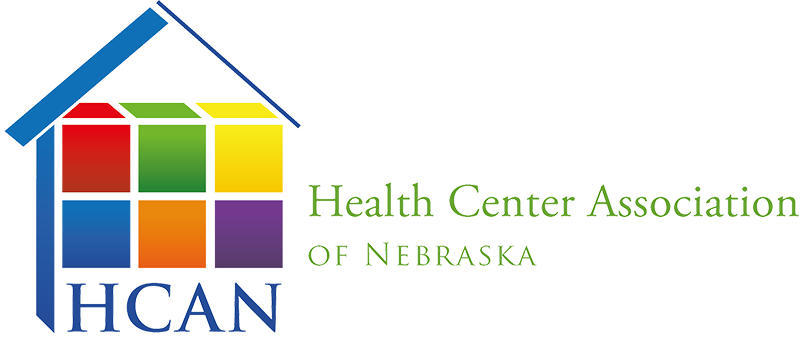Published in FlatWater Free Press July 20, 2023
Since April, nearly 17,000 Nebraskans have lost their healthcare coverage previously provided by the state’s Medicaid program. About half of them lost coverage not because they were ineligible, but for procedural reasons, such as missed paperwork. Over the coming year, that number is expected to grow by tens of thousands more. The shift in the state’s Medicaid rolls is neither a surprise nor unique to Nebraska. States across the U.S. are adjusting to the end of a federal pandemic-era protection that temporarily barred removal of recipients. The resumption of annual eligibility screening marks what Nebraska Medicaid Director Kevin Bagley called a return to normal.
However, Bagley and Nebraska healthcare advocates remain concerned that many people are unaware that the process is resuming and that procedural issues, such as the paperwork problems, could cause Nebraskans who still qualify for Medicaid to lose coverage. “As we watch what’s happening in Nebraska and we watch what’s happening across the country, we’re a little concerned at the early numbers of people who are already losing coverage,” said Amy Behnke, CEO of the Health Center Association of Nebraska, which works statewide on Medicaid outreach and enrollment.
As of early this year, the massive state and federal program provided health care for about one in five Nebraskans. It is intended to provide coverage to low-income individuals and families and people with disabilities. More than half of those on Medicaid are children. Buoyed by the state’s Medicaid expansion, the number of enrollees grew rapidly in recent years, rising from 249,000 in February 2020 to 392,000 in February 2023. The three-year federal pause, which ended in March, contributed to this growth.
Over the coming year, the state’s Department of Health and Human Services will review the eligibility of each enrollee. Early estimates are that 10%-20% of those who receive Medicaid services in Nebraska, or about 40,000-80,000 people, could be deemed ineligible. “This is us getting back to what we normally do as a Medicaid program,” said Bagley, noting that the annual reviews have been a feature of Medicaid since 1965. But for many Medicaid recipients, this will be new. “We have a lot of people who got benefits during COVID for the very first time and so they’ve never gone through this process,” said Behnke. Reaching these people has become a key goal of DHHS and advocates. For most, the basic message is the same: Make sure DHHS knows how to find you.
“Our big concern is that there are a lot of people who don’t know that this is coming or they’ve moved and don’t have an address updated so they’re not getting notices about renewals,” said Behnke. “Or they just don’t know what to do with a renewal notice once they get it because they’re not always the easiest to read and follow and figure out what you’re supposed to do next.”
What to do
Officials and healthcare advocates say Medicaid recipients should make sure their information on file with the Nebraska Department of Health and Human Services is correct. Recipients can update their address by phone, email, or through AccessNebraska. For those who have received a renewal notice, Nebraska Appleseed and the Health Center Association of Nebraska have enrollment specialists available to help. Recipients also can contact DHHS directly by calling (855) 632-7633.





